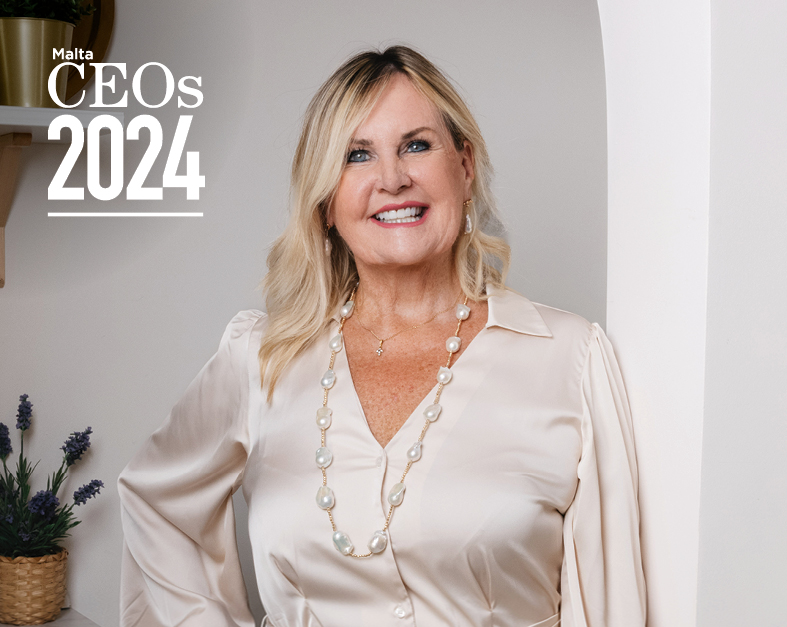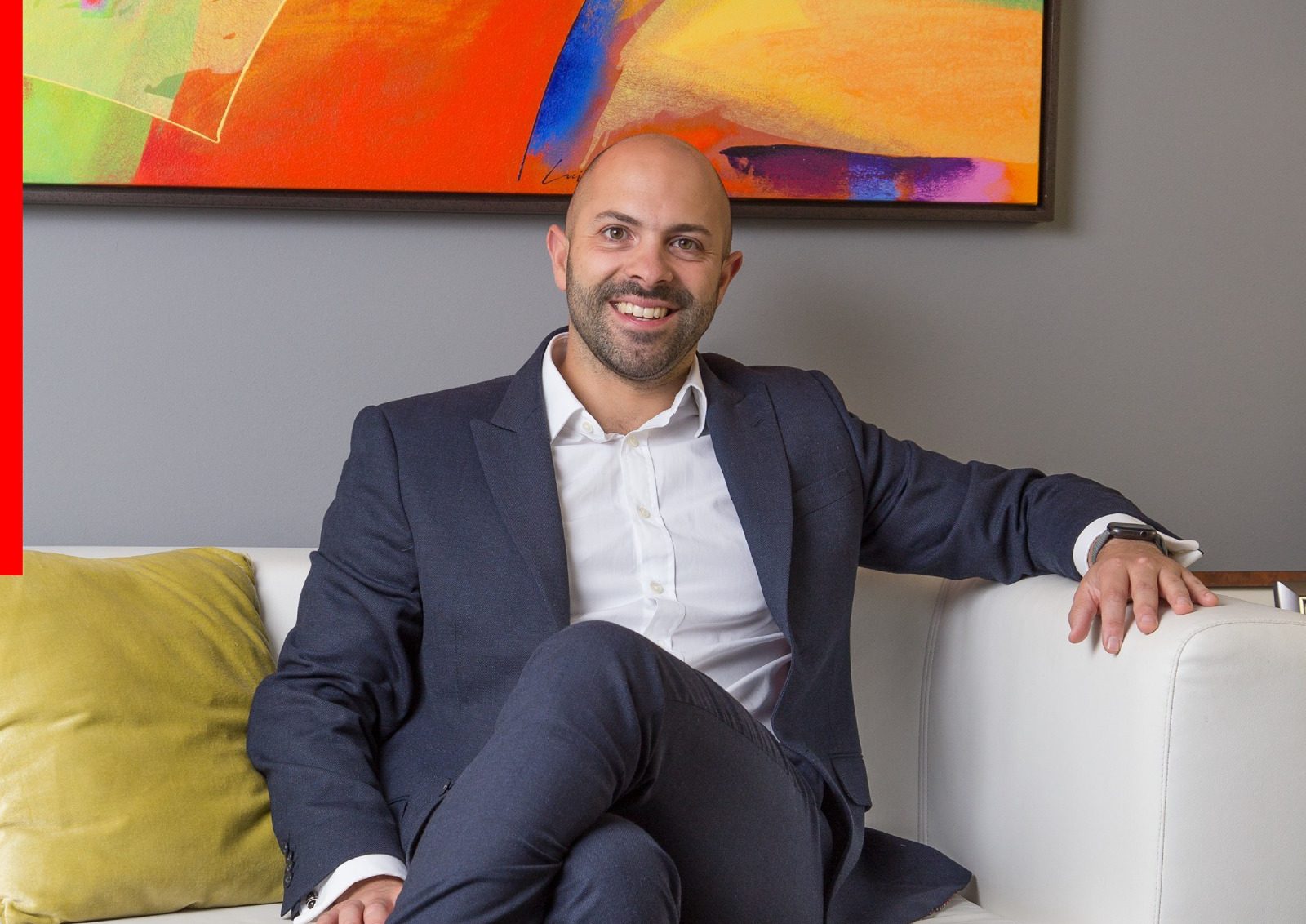The roles of shareholders, directors and managers all have their place within an organisation, and operate completely distinctly from one another. And, while you may be wondering why an obvious statement like this would need to be spelled out, especially on a platform that deals so extensively with organisational structure, in Malta – where the majority of businesses are family-owned – the lines are often blurred.
In theory, the shareholders are the owners of the business, the directors are the brains behind it, and the managers are the ones overseeing the day-to-day operations.
Under company law, a business must consist of directors and shareholders, whether the latter are minority or majority ones. This is an integral aspect of a business that is defined in its company structure.
However, this distinction tends to get lost in communication, and it becomes particularly vague when it comes to family businesses, especially if an individual occupies more than one of these positions.
This was a topic that was heavily discussed during the Family Business Forum, an event co-hosted by Ganado Advocates and Zampa Debattista recently. The forum brought together various professionals and governance specialists to discuss different perspectives on how important strong governance is when it comes to establishing value for family businesses. During one of the panels, moderated by Ganado Advocates Senior Associate Christina Scicluna, featuring Zampa Debattista Co-Founding Partner Matthew Zampa, AX Real Estate CEO Denise Xuereb, and Ganado Advocates Partner Simon Schembri, the distinction between the three terms was put in the spotlight.
During the discussion, all three panellists agreed that the difference between director, manager and shareholder is a “key corporate pillar”. Should this not be present, then family businesses can “forget about succession planning”, another vital element of leading a family-owned business.

Ms Xuereb brought attention to this, saying that at AX Group, one of the largest family businesses in Malta, there are “various Boards”, and that running a family business largely depends on Board composition.
This makes choosing a director particularly “key”.
“You want thinkers. You have your management to do the work. You want thinkers to challenge the day-to-day running of the business,” she said. Whether these are non-executive directors or executive directors, these individuals have to be able to think outside the box and propose innovative solutions.
Directors are the ones in control of the business and are its decision-makers. Shareholders have rights to their investments, but the directors have responsibilities towards the shareholders and all the stakeholders involved.
The Board is primarily tasked with regulating “strategy and vision”, not “managing the business”.
The difference between directors and managers should not just be down to seniority. Managers are primarily concerned with areas that already exist, such as employees, equipment, and processes required. On the other hand, directors are responsible for managers’ actions and decisions, yet their main duty must be to define the vision of the business and device and execute a strategy to attain the vision.
“You want thinkers and don’t necessarily want the Board to be technically competent in that field. You want a balanced representation from the Board. You want a Board to challenge. For the good of the business, you want to make sure you have people to think,” Ms Xuereb stressed.
Managers often supervise entry-level or mid-level employees, mainly since newer employees tend to require more supervision. These managers then need to report back to the directors, who should support and mentor them on the best way forward.
Directors have to do everything with the good of the business in mind, knowing that they must provide value to the shareholders. This also includes steering the business in a direction that sticks by company values and goals. It is important to note that there can be various amounts of shareholders in a business, from just one, to thousands. However, shareholders are tasked with electing directors to run the company with their best interests in mind.

Mr Zampa highlighted that these are all important distinctions which must be clarified in the family charter, a written document that is used to record agreements made between family members, especially when it comes to how a family business should be run.
The more rules agreed on between family members, the more a potential conflict “would be reduced”. If there is clarity, a conflict between parties “would definitely be reduced”, and at the same time, also “ensure the family legacy remains”, he explained.
Shareholders, directors and managers are all very different positions, but there must be a healthy relationship across all three fronts, with the directors acting as the link between the two parties.
‘We will continue to navigate the challenges that commercial real estate currently faces’ – Hili Properties MD
The company registered a 23% year-on-year increase in revenue for the year ending December 2023.
’20 years of very hard work’: MD Patrick Fenech reflects on Malta School of Flying’s 20th anniversary
One of Patrick Fenech’s great satisfactions over the years is boarding flights piloted by former students.
The Point Urban Oasis: A community green space in Tigne Point
Featuring approximately 1,500 carefully selected plants, in an area spanning about 200 square metres, the Urban Oasis offers a rich ...
Debono Group CEO pays tribute to family as company celebrates six decades of partnership with Toyota
Debono Group’s collaboration with Toyota started in 1960, when the late Michael Debono imported and sold a Toyota Crown.











